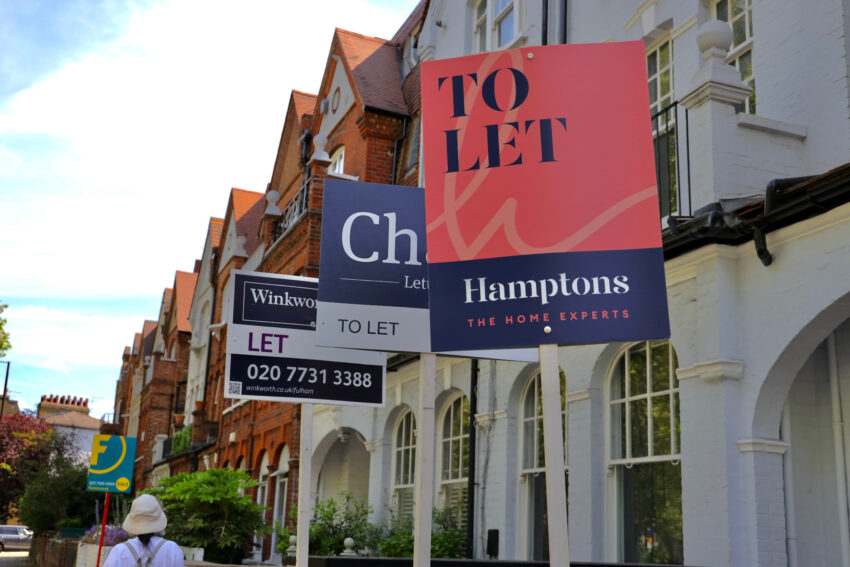
Safe as Houses: How Professional Landlords Can Support the UK’s Ailing Housing Sector

If you were to design a housing system to be deliberately dysfunctional, to fail to provide for those who need it and to be almost entirely unaffordable, you might end up with something that bears a striking resemblance to the UK market.
The clearest challenge is the significant undersupply of housing stock. As demand has continued to outstrip supply, house prices and rents have climbed higher, benefiting existing homeowners and landlords at the expense of potential buyers and renters. This dynamic has given rise to the UK’s notorious housing-affordability problem.
Not only does the UK lack adequate housing supply, but the existing stock is often low-quality and poorly managed. More than one fifth of private rental homes fail the Government’s decent homes standard, and 1 in 10 rental households live in overcrowded conditions. Meanwhile, about a third of private landlords are retirees, who often lack the resources to make necessary improvements to their buildings and provide their tenants with decent service. With few alternatives available, many renters are forced to accept substandard housing, often at prices far above what they can afford.
The situation is even worse for those waiting for affordable housing. Last year, the government fell short of its affordable-housing supply target by about 65%, and 1.2 million people remain on waiting lists for local authority housing in England alone.
An obvious fix for the UK’s housing woes would appear to be the construction of new homes, but new residential development is not economically feasible in many parts of the country, with building costs having grown much faster than residential values and rents in recent years. While the construction sector’s profit margins nearly tripled between 2015 and 2022, home prices only increased by 50%. Meanwhile, the UK’s convoluted and capricious planning system creates even more challenges for would-be developers.
As a result of these dysfunctions, renters are stuck with a bad product, and most landlords and developers cannot provide anything better.
That creates a clear gap in the market for professional landlords. While professional landlords are better positioned to provide high-quality rental housing than buy-to-let landlords – and to do so at a lower cost – only 6% of private rental housing is professionally managed today.
Our workforce housing platform, Ocasa, is increasing that proportion. Ocasa’s property-as-a-service model provides professionally managed, high-quality rental housing affordable to middle-income workers throughout the UK regions, including to single renters, who are often de-prioritised on social housing waiting lists.
As households struggle with higher living costs, professional landlords like Ocasa can help provide part of the solution, by delivering the high-quality, affordable housing that the UK needs.
This article first appeared on LinkedIn. To keep updated with our latest announcements follow us on LinkedIn.
